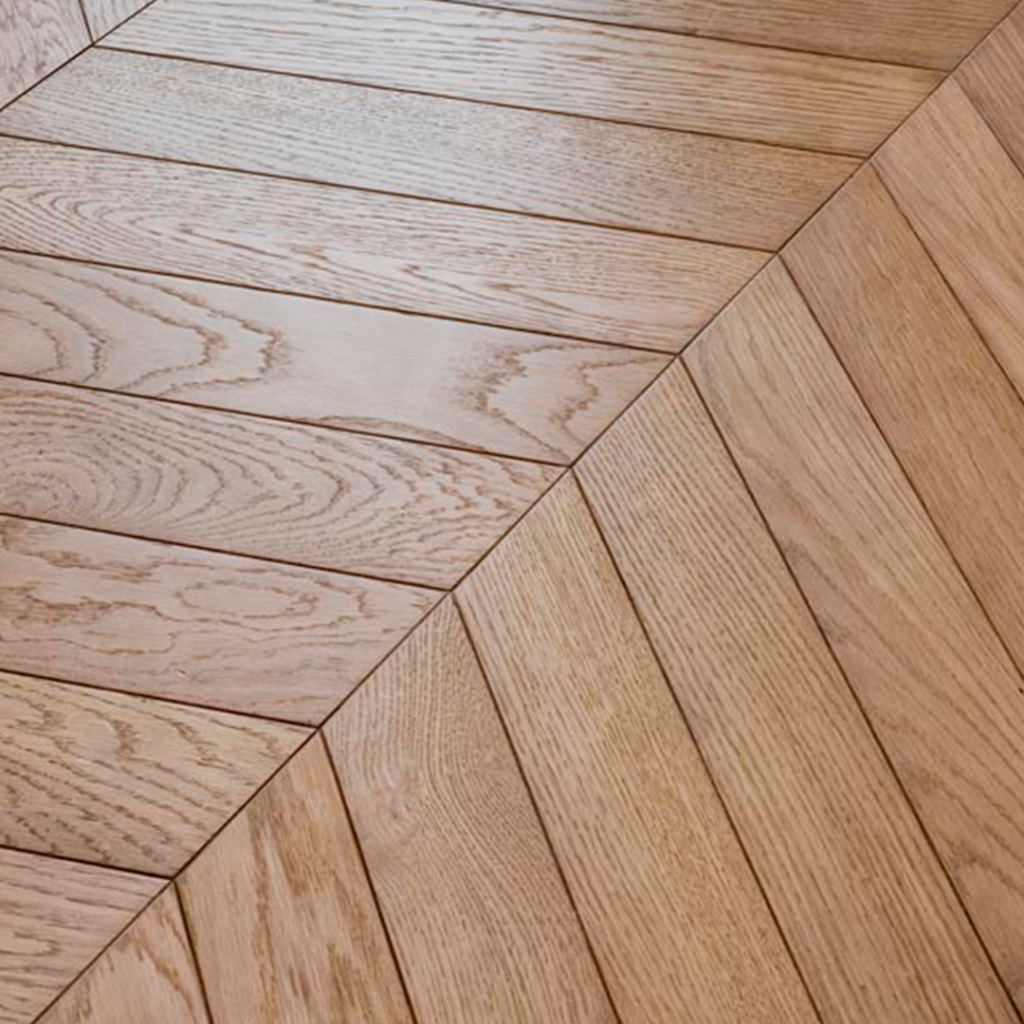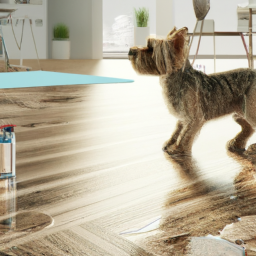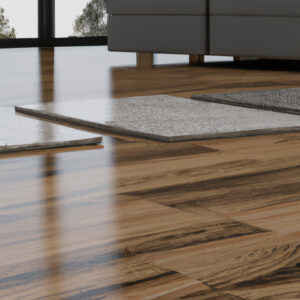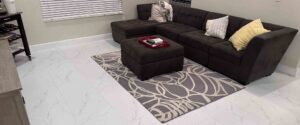Introduction
Hardwood flooring is a timeless classic that adds beauty and warmth to any home. However, traditional hardwood flooring is not always the best option for areas with moisture, such as bathrooms and kitchens. Fortunately, with the advancements in flooring technology, homeowners no longer have to sacrifice the beauty of hardwood for the practicality of water-resistant flooring. Water-resistant hardwood flooring is a game-changer, combining the natural elegance of hardwood with the durability of waterproof flooring. In this article, we will explore the advantages of water-resistant hardwood flooring and why it may be the perfect choice for your home.
What is Water-Resistant Hardwood Flooring?
Water-resistant hardwood flooring is a type of flooring that is treated with a water-resistant finish, making it resistant to moisture and spills. This type of flooring is ideal for areas that are prone to moisture, such as bathrooms, kitchens, and basements. Water-resistant hardwood flooring is made from real wood, but it has a protective layer that prevents water from seeping into the wood and causing damage. The protective layer can be made of various materials, including aluminum oxide, ceramic, or acrylic, which provide a barrier against moisture.
Advantages of Water-Resistant Hardwood Flooring
There are many advantages to water-resistant hardwood flooring. First and foremost, it combines the beauty and warmth of hardwood with the practicality of waterproof flooring. Water-resistant hardwood flooring is available in a variety of colors and styles, so you can find a perfect match for your home décor. Additionally, water-resistant hardwood flooring is easy to clean and maintain, which is a significant advantage for busy homeowners. With water-resistant hardwood flooring, spills and messes can be easily wiped away, preventing damage to your flooring.
Another advantage of water-resistant hardwood flooring is its durability. Traditional hardwood flooring is susceptible to damage from moisture, which can cause warping, cupping, or buckling. Water-resistant hardwood flooring is designed to resist moisture, making it more durable and long-lasting than traditional hardwood flooring. This type of flooring is an excellent investment for homeowners, as it can withstand the wear and tear of everyday life.
Choosing the Right Water-Resistant Hardwood Flooring
When choosing water-resistant hardwood flooring, there are several factors to consider. The first factor is the type of wood used. Different types of wood have different levels of water resistance. Some of the best water-resistant hardwood flooring options include oak, maple, hickory, and bamboo. These types of wood are naturally resistant to water and moisture, making them ideal for water-resistant flooring.
Another factor to consider is the type of finish used. As mentioned earlier, water-resistant hardwood flooring has a protective layer that prevents water from seeping into the wood. Different types of finishes offer varying levels of protection. For example, aluminum oxide finishes are known for their durability and are often used in high-traffic areas. Ceramic finishes are also a popular choice, as they provide excellent water resistance and are easy to maintain.
The Advantages of Water-Resistant Hardwood Flooring
Water-resistant hardwood flooring, also known as waterproof or water-repellent hardwood, is engineered to be more resilient to moisture than traditional hardwood. Its top layer is designed to be impermeable to water, which means it can resist spills and moisture





